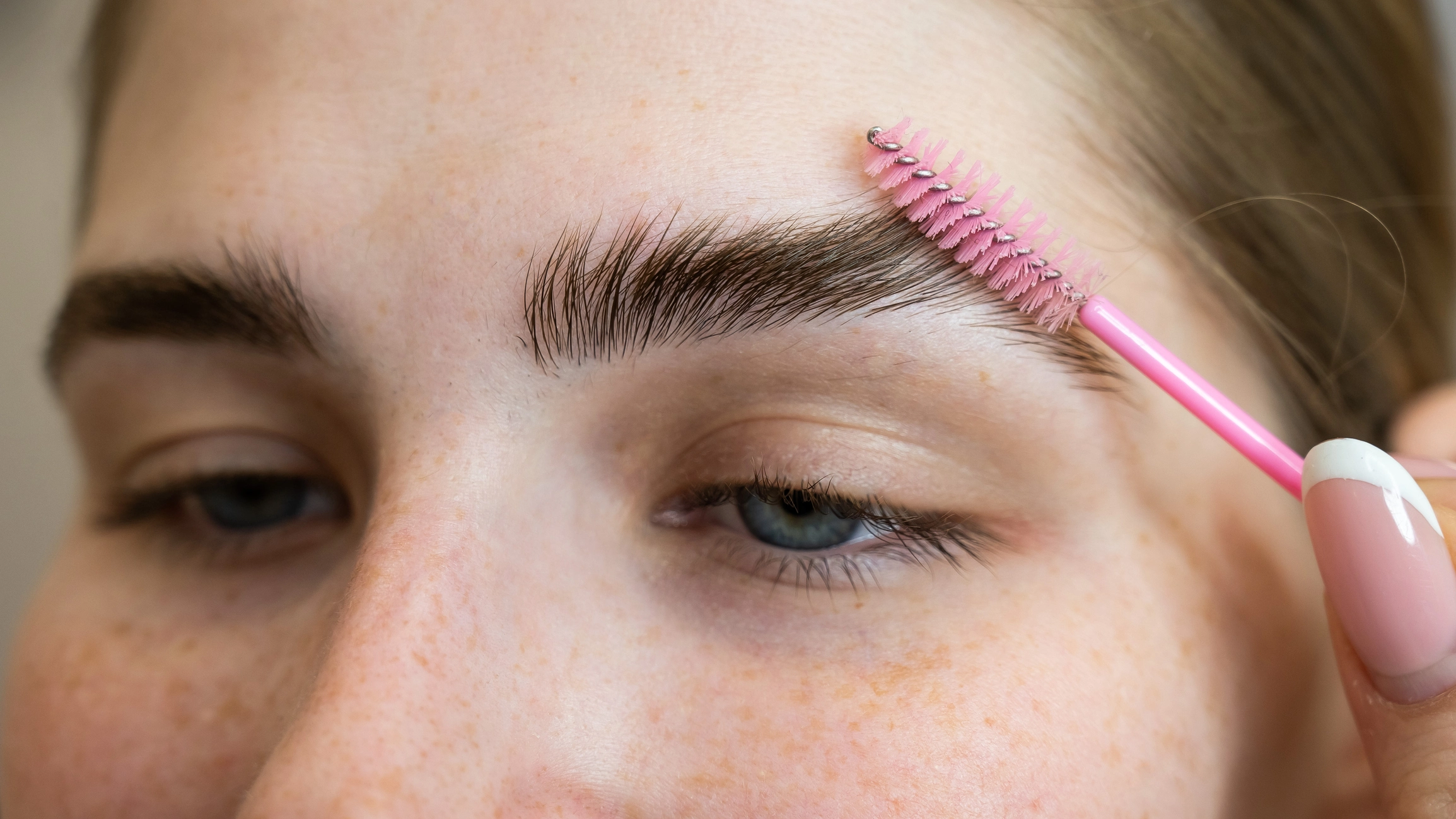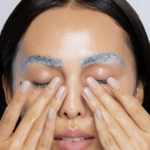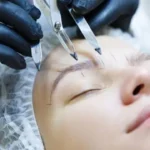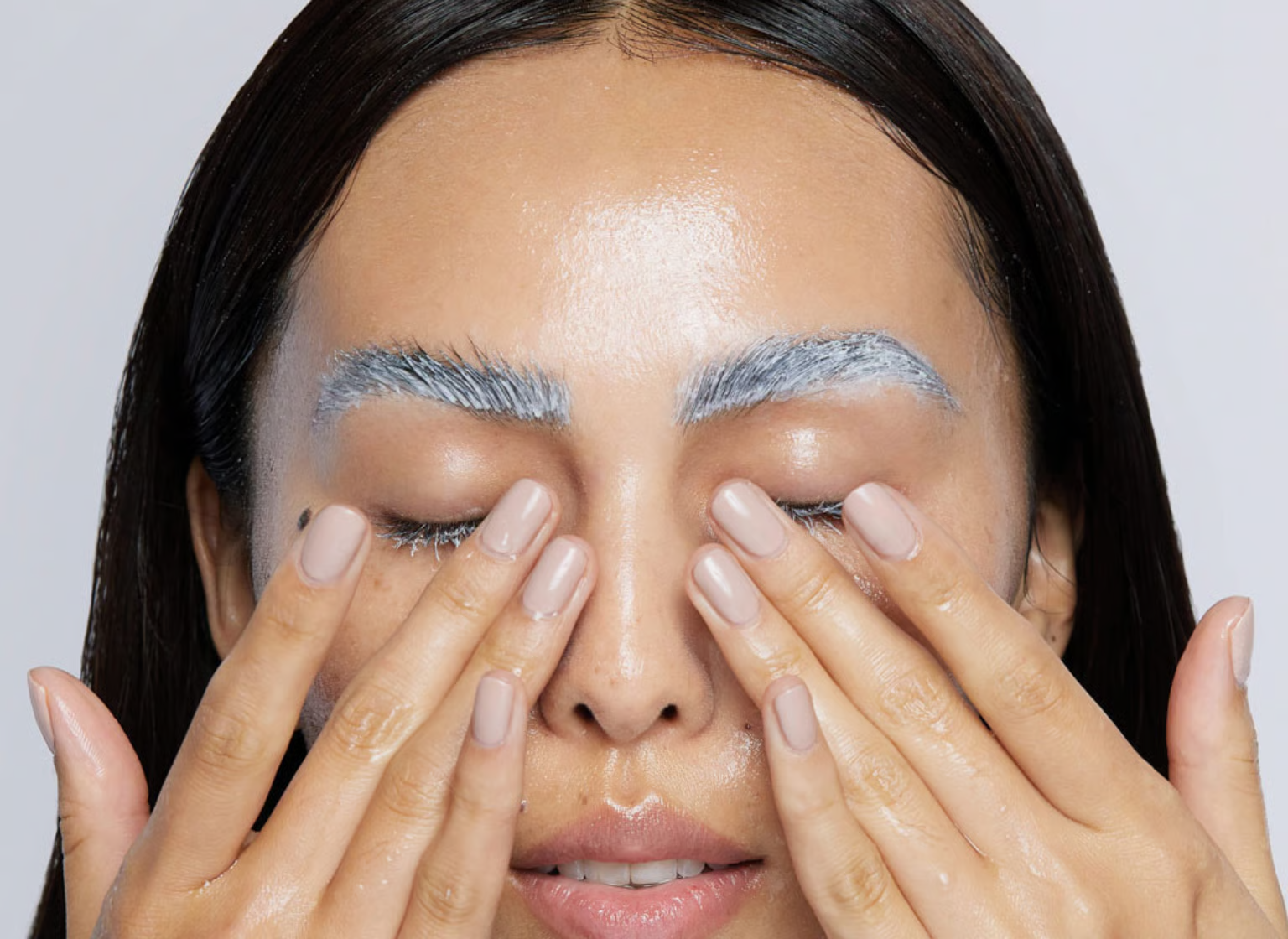Table of Contents
ToggleAt Kopelman Hair, we often receive questions about how nutrition affects hair health. One common topic is the use of vitamin C for hair growth, and whether it can make a noticeable difference.
Research shows that vitamin C supports both scalp health and follicle strength, making it a nutrient worth considering for anyone concerned about hair.
For those wondering if the benefits are real, the answer is yes – vitamin C contributes to collagen production, helps protect follicles from oxidative stress, and plays a role in preventing certain forms of shedding.
Dr. Kopelman emphasizes that while supplements can be helpful, the right balance of diet, lifestyle, and professional care remains essential for lasting results.
Key Takeaways
- Vitamin C supports hair growth by strengthening follicles, aiding collagen production, and protecting against oxidative damage.
- A deficiency in vitamin C can contribute to brittle strands, increased shedding, and slower regrowth, though it is rare with a balanced diet.
- Both dietary sources and supplements provide benefits, while topical options like serums and oils can improve scalp hydration and surface protection.
- Practical choices such as adding citrus fruits, strawberries, or bell peppers to meals are simple ways to maintain healthy vitamin C levels.
- Vitamin C works best as part of a broader care plan, and consulting a hair specialist like Dr. Kopelman is recommended for persistent or severe hair loss.
Does Vitamin C Help with Hair Growth?
Vitamin C plays a direct role in how the body maintains strong follicles. It supports scalp blood flow, ensuring nutrients reach the roots. A healthy scalp environment is crucial for promoting hair growth and maintaining the hair growth cycle.
How vitamin C supports scalp and follicles
Vitamin C strengthens hair follicles and maintains connective tissue. It also helps reduce inflammation in the scalp, creating conditions that support stronger strands over time.
Collagen production and antioxidant role
Vitamin C boosts collagen production, which supports strand structure. It also acts as a powerful antioxidant, protecting follicles from free radicals that weaken hair and slow regrowth. This dual role highlights the benefit of vitamin C when aiming for thicker, healthier hair.
Vitamin C for Hair Health, Thickness, and Hair Loss
People often ask, Is vitamin C good for hair? The answer is yes – it supports shine, elasticity, and density by strengthening keratin and collagen formation.
Is vitamin C good for hair?
Adequate intake improves texture and reduces dryness. It works alongside other nutrients, making it an essential nutrient for scalp and follicle strength. These effects go beyond cosmetics, as they contribute to overall health as well.
Can lack of vitamin C cause hair loss?
Because vitamin C helps the body absorb iron, low levels may worsen issues related to iron deficiency, which is linked to hair loss. For broader guidance on nutritional care, you can also read about the best hair supplements for alopecia.
Deficiency signs linked to shedding
- Dry, brittle strands
- Frequent breakage
- Slow wound healing on the scalp
- Gum bleeding
Ascorbic acid and hair loss
Ascorbic acid for hair loss works by neutralizing free radicals. It is not a cure but can help prevent hair loss when combined with proper nutrition and medical guidance.
Scientific evidence and research findings
Studies confirm that low vitamin C leads to fragile hair. Dermatology research indicates that it supports collagen synthesis and protects follicles from oxidative stress, thereby reinforcing its role in promoting hair growth. Research on related nutrients, such as the best vitamin D for hair loss, also shows how deficiencies can affect follicle health.
Best Vitamin C for Hair Growth
Benefits can come from both food and products, depending on individual needs.
Practical ways to add vitamin C daily
Small changes make a difference – a glass of orange juice with breakfast, strawberries as a snack, or adding peppers to a salad. These vitamin C-rich foods improve scalp and follicle health naturally.
Foods rich in vitamin C
Citrus fruits, bell peppers, strawberries, and broccoli are all reliable sources. Adding them to meals daily can reduce the risk of vitamin C deficiency and even help manage vitamin C for hair fall more effectively.

Vitamin C tablets and supplements
Supplements provide controlled doses but should be used under the guidance of a medical professional.
Best vitamin C serum for hair growth
When choosing a serum, look for products that specifically mention scalp application rather than only skin care, as these are formulated to be safe for hair and follicle contact. Topical serums may reduce dryness and add shine. Look for stabilized formulations for better results.
Vitamin C oil and hair products
Oils and shampoos enriched with vitamin C improve scalp hydration and reduce oxidative stress.
How to choose the right vitamin C product
- Stabilized vitamin C
- Transparent concentration labels
- Packaging that protects from light and air
How to Use Vitamin C for Hair Growth
Different approaches target both the scalp and the body.
Adding vitamin C to your diet
Dietary intake remains the most effective and safest method.
Applying serum, oil, or capsules
Topical application can support hydration. Capsules are less stable, so consult a specialist before use.
DIY vitamin C treatments explained
Some try masks with crushed tablets. While inexpensive, risks include irritation.
- Always dilute with a carrier liquid
- Limit time on the scalp
- Test on skin first
Safety and Practical Tips
Balance is essential – excess intake does not provide extra benefit.
Recommended daily intake
Most adults need 65–90 mg per day, unless a doctor prescribes more.
Risks of overuse or misuse
Too much vitamin C can cause digestive issues and interfere with nutrient absorption. Topical overuse may irritate the scalp.
When to consult a hair specialist
If thinning persists, consult a qualified expert. At Kopelman Hair, Dr. Kopelman advises patients on combining nutrition with advanced treatments like restoration procedures. For patients seeking nutritional guidance, the clinic also covers topics such as the best hair supplements for alopecia.
Frequently Asked Questions About Vitamin C and Hair
Can vitamin C stop genetic hair loss? +−
No. Genetic loss is mainly influenced by dihydrotestosterone DHT, though vitamin C may still support scalp health and complement treatment.
Does applying vitamin C topically work better than eating it? +−
Topical use supports scalp hydration, while diet provides systemic benefits. Using both together is often the most balanced approach.
How long does it take to see results? +−
Results may appear within two to three months of consistent intake and care. The timeline depends on diet, health status, and other factors.
Can I apply vitamin C capsules directly on hair? +−
It is possible, but capsules are not designed for topical use and may cause irritation in high concentrations. Professionally formulated serums are safer.
Final Thoughts on Vitamin C and Hair
Vitamin C for hair growth offers several benefits. It strengthens hair, supports collagen, and protects follicles, but it works best as part of a wider plan.
For lasting results and to prevent hair loss, patients with ongoing shedding should seek personalized care from experts like Dr. Kopelman. Schedule a consultation to receive a personalized treatment plan tailored to your specific needs.
























